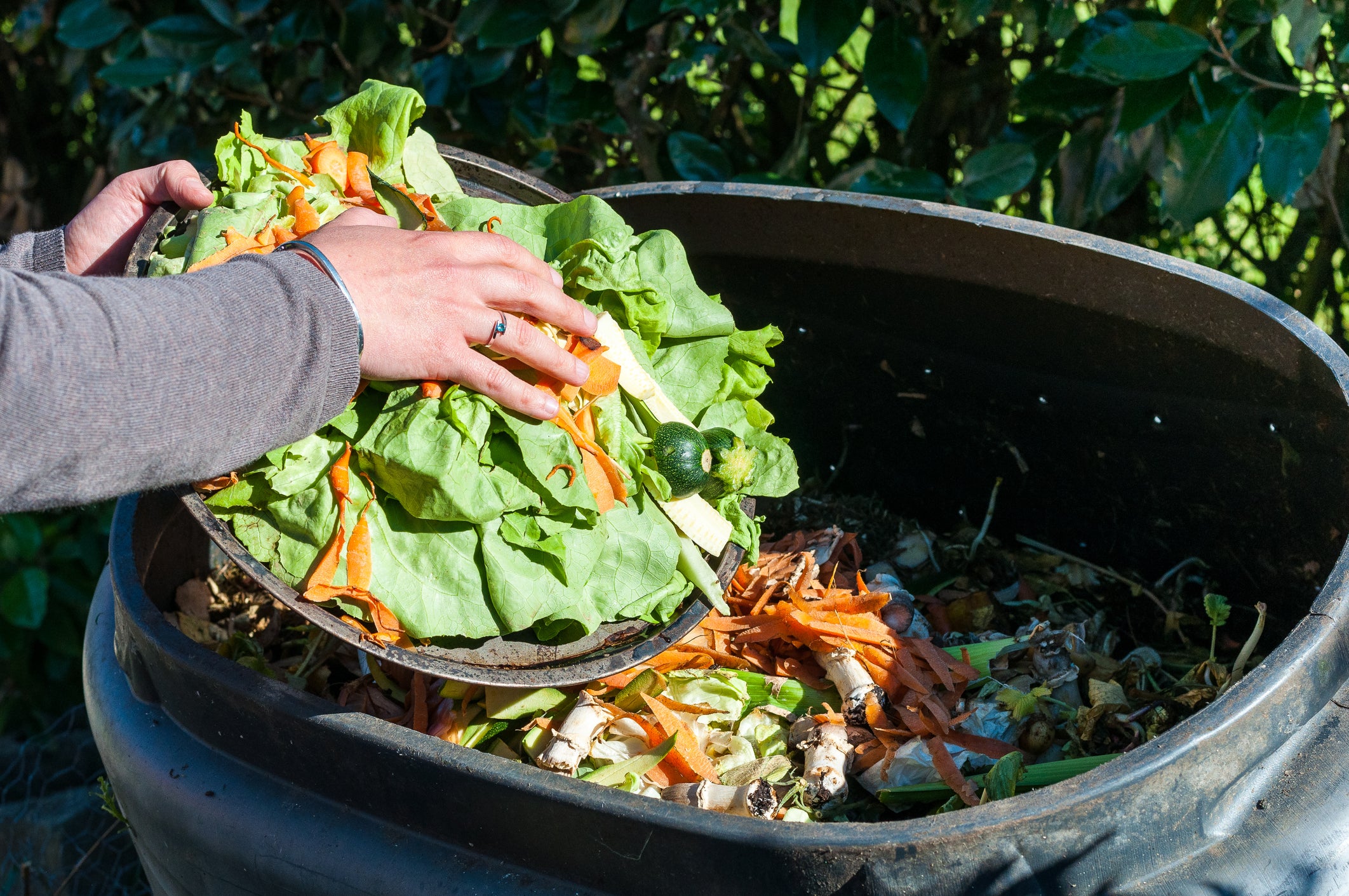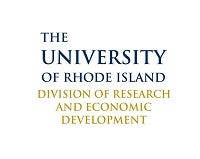An alluring new Ocean State business opportunity is on the horizon, in which one man’s trash is decidedly another man’s treasure.
Our literal trash is estimated to fill Rhode Island’s landfill by the early 2030s. The Food Waste Legislation passed in 2014 required businesses that generate more than 104 tons per year of food waste to redirect it away from the landfill starting in January 2016. However, businesses are exempt if there is no adequate processing facility within 15 miles. As of January 2018, businesses that generate more than 52 tons of food waste per year are subject to the same mandate. Large-scale composting is a viable solution for the waste, but the state currently only has a few commercial composting businesses available to collect the food scraps.
Commercial composting does far more than divert food from landfills. It is a ripe business opportunity for motivated entrepreneurs.
Commercial composting revenue sources in RI:
- Collect the tipping fees (paid to compost haulers) for the scraps they collect and process.
- Sell back a viable commercial product (finalized compost, full of nutrients for healthy soil) to landscapers, nurseries, golf courses, homeowners and others. A cubic yard of quality finished compost (about 3x3x3 feet) currently sells for as much as $45 to $65 per cubic yard.
- Sell carbon credits. Because compost is capable of sequestering harmful carbon dioxide from the atmosphere, the trading and selling of carbon credits to net polluting entities is an additional source of income. However, it may be subject to some exclusions. Each cubic yard is equivalent to approximately one ton of carbon.
Like any new business opportunity, entrepreneurs will need to be prepared for some of the unique challenges associated with this particular venture. To go in blind would be both foolhardy and also potentially environmentally dangerous. But the feasible economic and environmental impact of new composting businesses in Rhode Island that divert surplus food are immense.
According to Frank Jacques of Buxton Hollow Farm, one of RI’s composting facilities that is certified for organic use, there is a current need for at least 10 — and a future need for up to 25 — commercial composting businesses to handle the volume of food waste available. Along with keeping up to 250,000 tons annually out of the landfill, the commercial composting industry could generate up to $50M in the Ocean State.
Challenges new composting business owners will face:
- Learning how to compost properly. Improper composting can have disastrous environmental and social effects, such as the leaching of nitrates into the water supply, emitting significant odors, or attracting vermin. It can also simply mean that the final product is far less valuable. Commercial composters currently just need a permit from the Department of Environmental Management (which requires meeting current regulations), but a certificate program from the U.S. Composting Council, the USDA, or others usually takes about 40 hours, which is a low time commitment for the specialized knowledge it provides to ensure that compost is healthy and high quality, and that composting businesses make good neighbors.
- Startup costs. Commercial composting will require investment in equipment, permits, training, and preparing the land. Jacques estimates that it takes an investment of about $100,000 to get started, not including the cost of the land, which will vary widely. Additional costs to prepare for include general outlays for liability insurance, worker’s compensation, payroll, and marketing to advertise your services to potential customers.
- Building regulations. In order to maximize the advantage of this opportunity, RI needs to adopt certain industry-standardizing rules and regulations in order to ensure that the finished product is consistent across businesses. These set standards will increase trust and value, and help make RI compost eligible for the incentives described above. Small business owners may find themselves in a position to lobby and advocate for these state-level regulations as the industry coalesces.
- Banding together. In order to be eligible to sell carbon credits on the international market, the compost industry will need to form a collective, as the state’s dairy farmers have done with Rhody Fresh to sell milk, to increase the total volume available. Jacques detailed that to be eligible for carbon credits it takes about 100,000 cubic yards of certified compost (his business currently produces about 10,000 cubic yards per year). A collective of certified composters would allow numerous smaller-volume composters to enter the market together in order to capture that revenue channel.
For entrepreneurs or small business owners excited about tackling the unique challenges of this burgeoning industry, there is plenty of support. Because of the critical environmental nature of composting, the state of Rhode Island itself, related regulatory agencies and motivated parties are gathering resources and expanding education.
Using profits from their composting business, Jacques and his wife founded the Center for Sustainable Organic Agriculture. They offer true composting classes to individuals and are partnering with schools and universities to offer related science classes on his farm.
Interested in learning more about commercial composting?
Northern Center Director Dennis McCarthy is spearheading the RISBDC’s involvement in helping companies start up, attract capital, and create good Ocean State jobs as this opportunity blooms. For more information about starting a commercial composting business, or to stay informed about upcoming events and opportunities related to this leading-edge venture, contact Dennis McCarthy at dennismccarthy@uri.edu.




